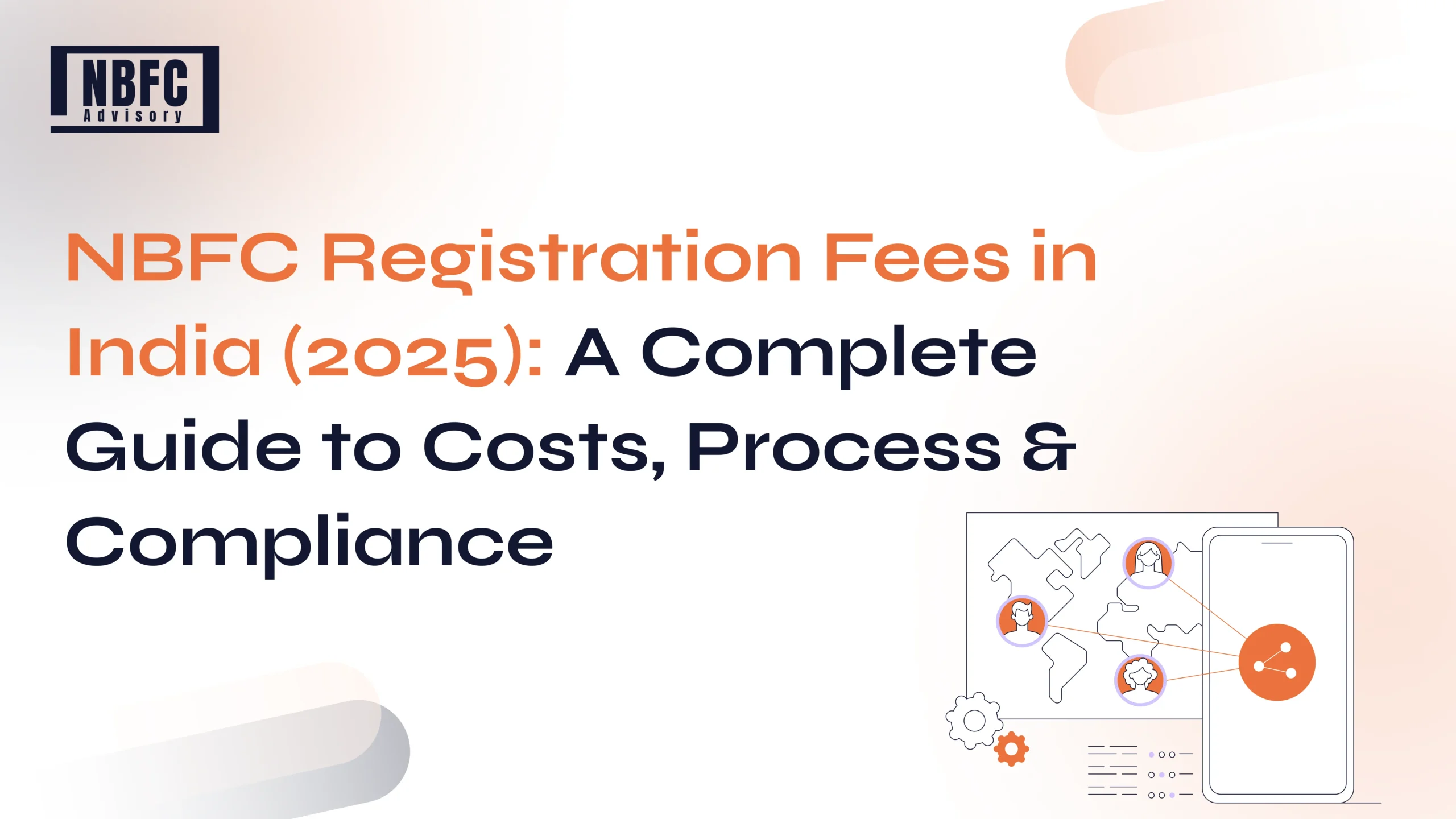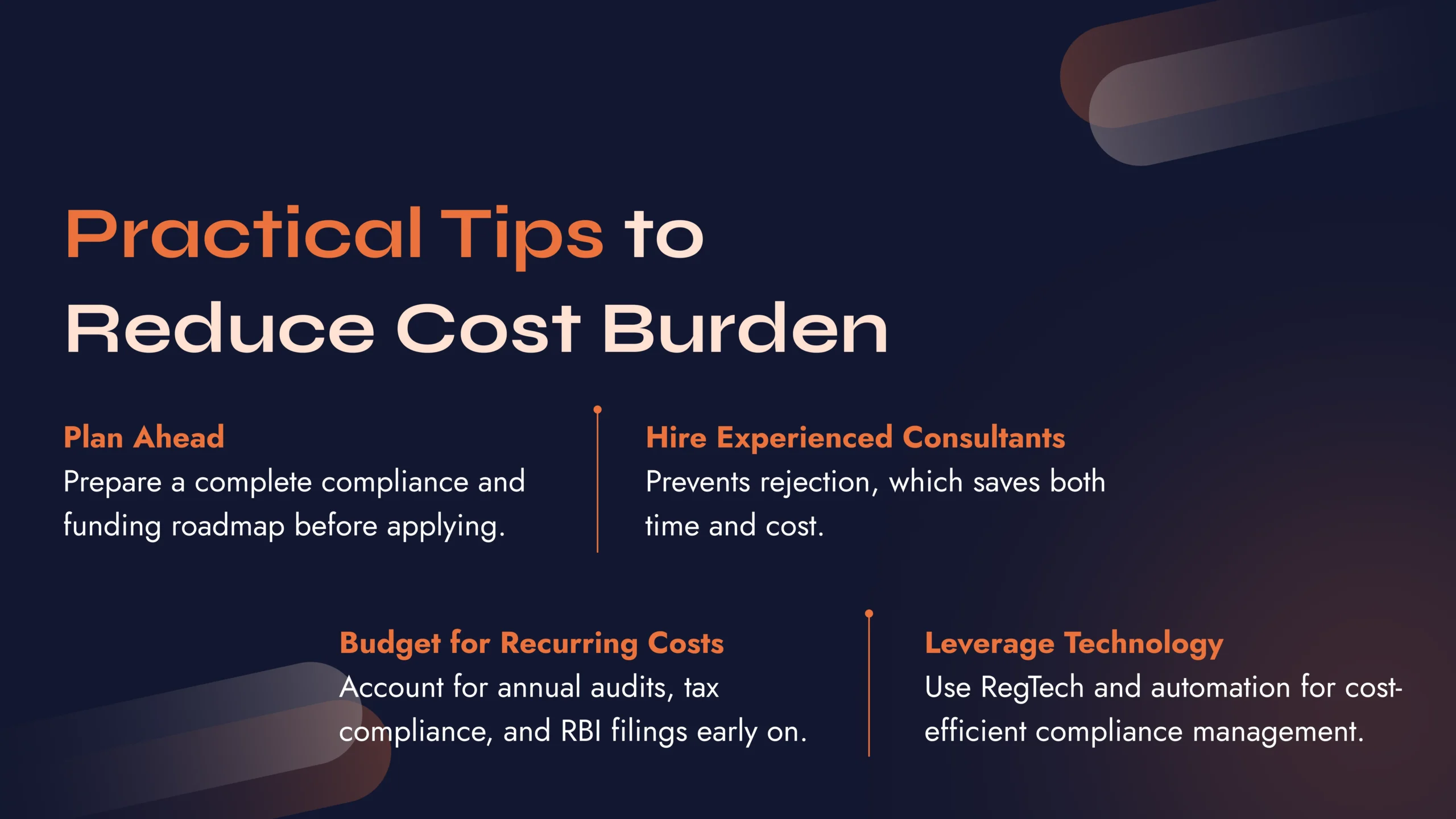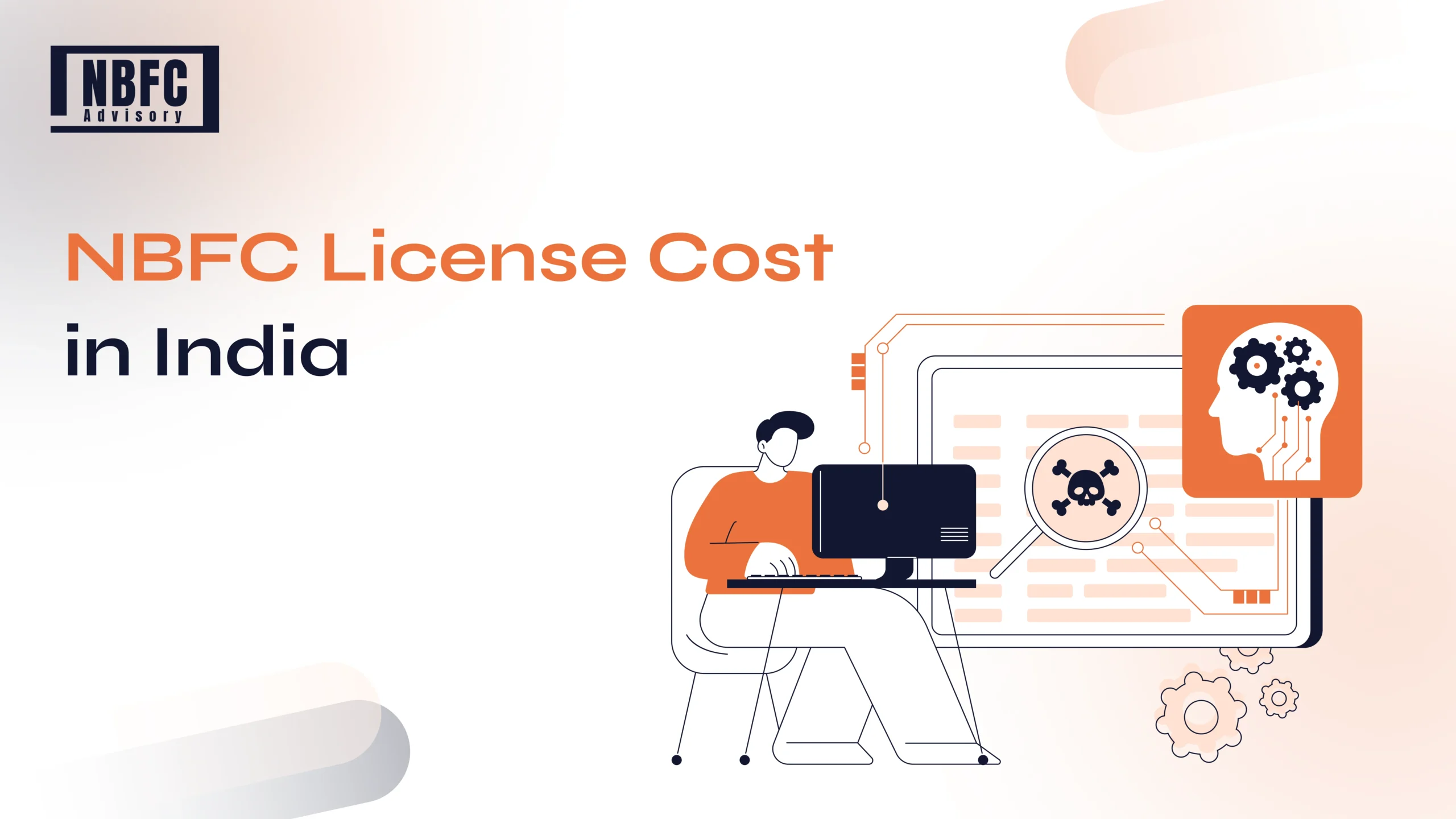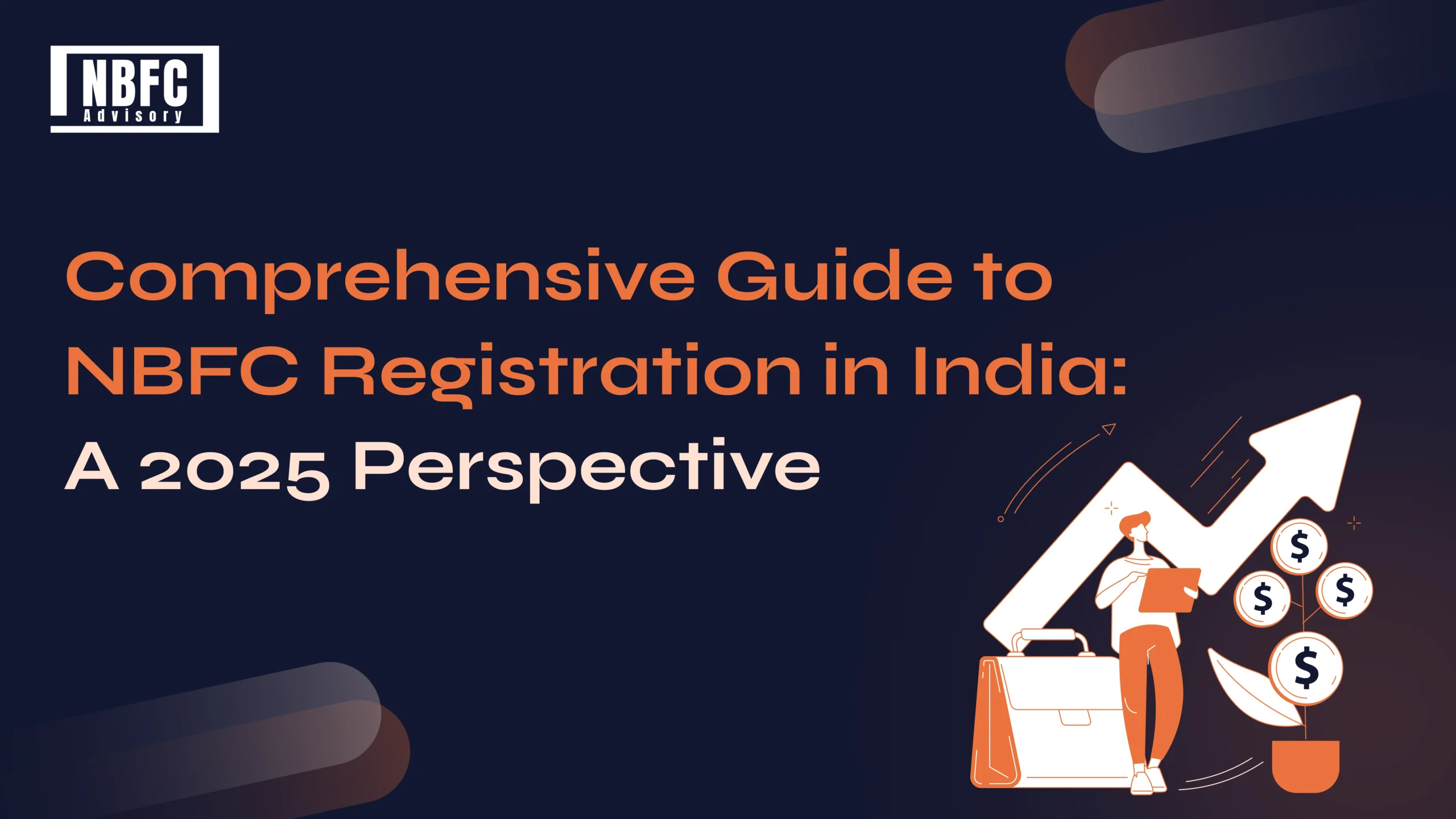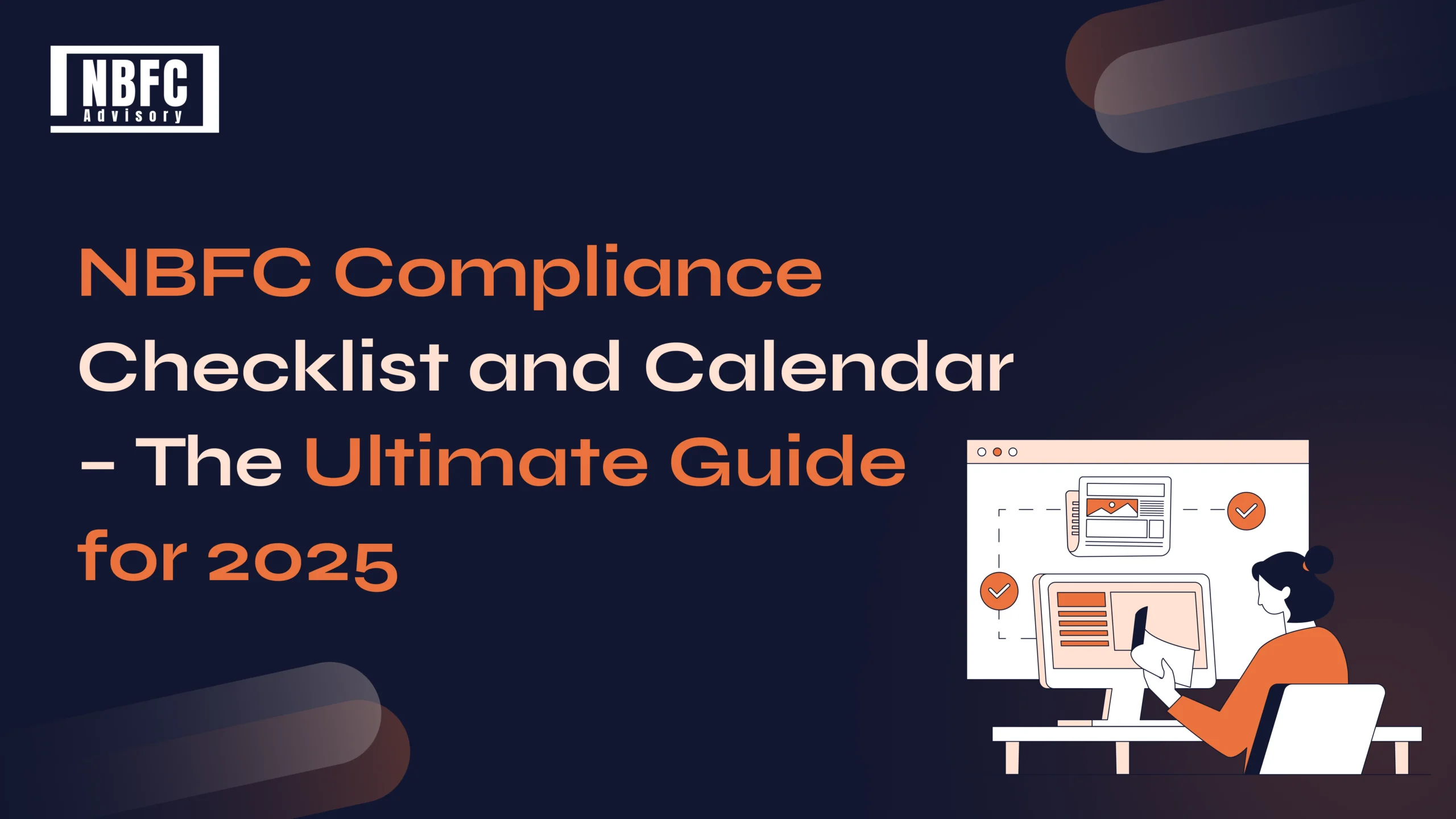India’s financial landscape is evolving rapidly, and Non-Banking Financial Companies (NBFCs) are at the center of this change. They serve individuals, small shops, and enterprises often left out by traditional banks.
By offering loans, credit facilities, microfinance, leasing, and investment options, NBFCs provide faster and more flexible solutions. This makes them the preferred
NBFCs are not just lenders—they play a wider role by supporting financial inclusion and enabling growth for individuals and businesses that form the backbone of India’s economy. Their scope of activities is diverse and extends beyond traditional credit.
An NBFC can:
- Provide loans (personal, business, SME, vehicle, gold, and microfinance)
- Offer asset financing through leasing and hire purchase
- Invest in shares, bonds, debentures, and securities
- Operate as housing finance, infrastructure finance, or microfinance institutions
- Co-lend with banks and collaborate with fintech companies
If you are planning to start an NBFC (Non-Banking Financial Company), one of the first things you need to know is the NBFC registration fees and license cost. These costs are not just about the money you need as regulatory capital. They also include expenses for company incorporation, compliance, and professional help. With the latest RBI rules valid till 31st March 2025, the cost and compliance process has changed. This means new applicants need to plan carefully for both the initial investment and the ongoing costs of running an NBFC
This blog will guide you through:
- What NBFCs are and why registration is mandatory
- Eligibility requirements
- Cost factors and compliance fees
- RBI’s latest updates as of March 2025
- Common mistakes to avoid
- Practical tips to manage NBFC license costs effectively
What is an NBFC?
A Non-Banking Financial Company (NBFC) is a company incorporated under the Companies Act, 2013 and regulated by the Reserve Bank of India (RBI) under the RBI Act, 1934.
While NBFCs cannot accept demand deposits like banks, they are authorized to:
- Provide loans and advances
- Offer hire purchase and leasing services
- Facilitate investments in securities
- Support microfinance activities
- Manage asset financing
Why NBFCs Matter in India
- Credit access for underserved markets – Many rural and semi-urban populations rely on NBFCs.
- MSME growth – Small and medium enterprises often choose NBFCs for faster loan disbursements.
- Diverse financial products – From housing finance to infrastructure loans, NBFCs provide targeted solutions.
Why Registration is Mandatory
Operating an NBFC without proper RBI authorization is illegal and may attract penalties or even closure. Registration ensures:
- Legal Recognition – Your company is officially authorized to conduct financial services.
- Investor Trust – Investors prefer NBFCs with RBI approval.
- Funding Opportunities – Enables access to institutional funding and external credit lines.
- Regulatory Compliance – Ensures adherence to RBI’s prudential norms and financial stability guidelines.
Understanding NBFC Registration
NBFC registration is the process of obtaining a Certificate of Registration (CoR) from the RBI. This CoR acts as a license, allowing your company to conduct NBFC activities legally in India.
Eligibility Criteria (2025)
As per RBI’s latest norms effective 31st March 2025, the following are required:
- Company Incorporation – Must be registered as a Private Limited or Public Limited company under the Companies Act, 2013.
- Minimum Capital (NOF) – The company must maintain a Net Owned Fund (NOF) of ₹10 crore. This phased increase (from ₹2 crore earlier) is now fully effective.
- Qualified Management – At least one director should have prior financial services or banking experience.
- Fit and Proper Criteria – Promoters and directors should have clean credit and financial history.
- Transparent Business Plan – Must have policies for risk management, lending, and customer service.
Example: If your NBFC plans to focus on microfinance, your business plan should clearly outline the target segment, risk assessment process, and lending models.
Types of NBFCs under RBI
NBFCs are categorized based on their activities:
- NBFC-Investment and Credit Company (NBFC-ICC) – Provides loans and advances.
- NBFC-Microfinance Institution (NBFC-MFI) – Offers small-ticket loans to low-income borrowers.
- NBFC-Factor – Specializes in receivable financing.
- Infrastructure Finance Company – Focused on funding infrastructure projects.
- Housing Finance Company (HFC) – Provides housing loans.
- NBFC-Account Aggregator (AA) – Collects and shares customer financial data with consent.
Note: The NBFC license cost will vary depending on the type of NBFC. For example, an NBFC-ICC may have lower compliance requirements than an Infrastructure Finance Company.
NBFC Registration Fees Explained
Net Owned Fund Requirement (Minimum Capital)
- The most significant component of NBFC registration cost is the capital requirement.
- As per March 2025 rules, the minimum Net Owned Fund (NOF) requirement is ₹10 crore.
- This capital must be reflected in the company’s financials before applying for registration.
Other Statutory Costs Involved
Apart from maintaining the NOF, you should account for:
- Incorporation charges with the Ministry of Corporate Affairs (MCA)
- Stamp duty on MoA and AoA depends on the authorised share capital, and for ₹10 crore, it varies across states.
- Legal drafting, documentation, and compliance policies (risk, lending, KYC)
- Statutory filing charges with regulators
These together form the NBFC registration fees, which every applicant needs to budget for.
Compliance Costs After NBFC Registration
Getting an NBFC license is only the first step—the real challenge begins with ongoing compliance. Every NBFC must follow strict RBI regulations such as periodic returns filing, statutory audits, KYC/AML norms, fair lending practices, and adherence to the Scale-Based Regulation (SBR) framework.
On average, annual compliance costs range between ₹3–5 lakhs, depending on the size and activities of the NBFC. These costs typically cover:
- CIC & CKYC Reporting (CIBIL, Equifax, Experian, CRIF; centralized KYC via CERSAI)
- FIU-IND & DNBS Returns (suspicious transactions, financials, governance)
- CERSAI & NeSL Compliance (loan security registration, IBC reporting)
- ROC Filings (annual returns, Director KYC, disclosures)
- GST & TDS Filings
Ignoring compliance can result in heavy penalties or even cancellation of the license. Therefore, budgeting for these recurring costs is as important as planning for the initial NBFC registration fees.
Factors That Influence the Total NBFC License Cost
The overall NBFC license cost is shaped by:
- Type of NBFC – A microfinance NBFC (MFI) may need specialized documentation compared to an ICC.
- Scale of Operations – A nationwide NBFC will incur higher costs than a small regional NBFC
- State-Level Compliance – Registrations like GST, Shops & Establishments, and local licenses vary by state.
- Professional Assistance – Hiring experienced consultants can initially raise costs but may save reapplication fees and penalties.
Know More: How to Get an NBFC License in India: Complete Process & Requirements
Common Mistakes That Increase Costs
- Incomplete Applications – Missing documents can lead to delays and resubmission.
- Wrong Classification – Choosing the wrong NBFC type results in wasted time and extra costs.
- Neglecting Compliance – Ignoring recurring compliance obligations results in penalties.
Tip: Always prepare a detailed checklist before filing to avoid avoidable expenses.
Registration Fees vs. Operating Costs
- One-time Costs: Incorporation, compliance documentation, legal expenses, professional support.
- Recurring Costs: RBI filings, annual audits, tax compliance, and renewals.
Note: State-specific stamp duty is an unavoidable cost while drafting your company’s MoA and AoA during incorporation.
Practical Tips to Reduce Cost Burden
Latest Updates on NBFC Registration (Till 31st March 2025)
- Net Owned Fund Requirement raised to ₹10 crore (fully implemented March 2025).
- Scale-Based Regulation (SBR) framework applies to all NBFCs. Larger NBFCs face stricter norms.
- Enhanced disclosure and governance norms for loan companies and MFIs.
- No revision in regulatory application charges announced till March 2025.
Conclusion
Starting an NBFC in India can be a highly profitable opportunity, but it comes with strict rules and important compliance requirements. There are also significant initial costs involved. Carefully planning the NBFC registration fees and the total license cost is essential to avoid delays, prevent mistakes, and ensure smooth approval. With proper preparation, you can build a strong and sustainable business that meets all regulatory requirements and grows successfully in the long run.
Key Takeaways:
- NBFC registration is mandatory under RBI regulations.
- Minimum Net Owned Fund requirement is ₹10 crore (as of March 2025).
- NBFC license cost includes incorporation, statutory, professional, and compliance expenses.
- Proper planning and expert guidance reduce long-term costs.
At NBFCAdvisory.com, we have successfully assisted multiple businesses in obtaining their NBFC license. From eligibility assessment to final registration, we provide end-to-end support.
Planning to launch your NBFC in 2025? Let us help you navigate the NBFC registration fees and compliance requirements smoothly.

